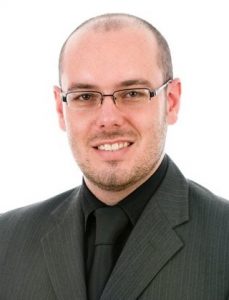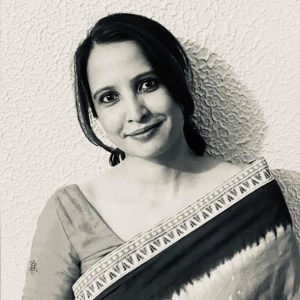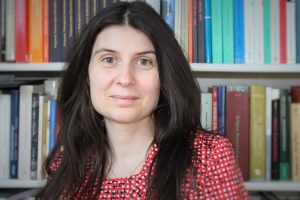In Pursuit of Criminal Accountability for “Grievous Religious Persecution”
 Werner Nicolaas Nel is a senior lecturer in law at the University of Johannesburg, South Africa, and author of the book Grievous religious persecution: A conceptualisation of crimes against humanity of religious persecution
Werner Nicolaas Nel is a senior lecturer in law at the University of Johannesburg, South Africa, and author of the book Grievous religious persecution: A conceptualisation of crimes against humanity of religious persecution
Introduction
Particular incidences of religious persecution are, because of their scale, severity, and discriminatory motivation, so heinous that they result in severe deprivations of fundamental human rights and are justifiably categorized as crimes against humanity of religious persecution, coined “grievous religious persecution”. In recent years several situations emerged of mass-discriminatory atrocities committed against communities based on their religious beliefs, such as the Yazidis in Iraq, Christian minorities in the Middle East and Nigeria, and Muslim Rohingyas in Myanmar.
Given the inviolability of human dignity, such occurrences have justifiably generated a global moral outcry, demanding that the international community properly address such grave injustices and end impunity. Contrary to the current political climate of resignation and collective cynicism regarding the aspirations of the International Criminal Court (ICC), I argue that international criminal law may proceed in representation of the conscience of humankind by holding criminally accountable, those responsible for religious persecution, and help prevent future occurrences of these crimes.


